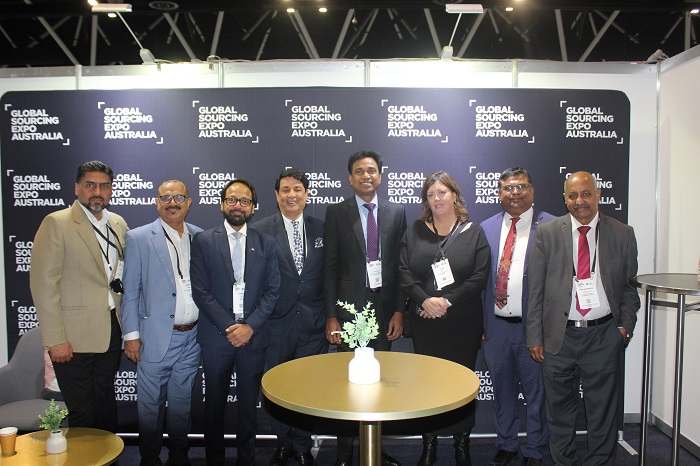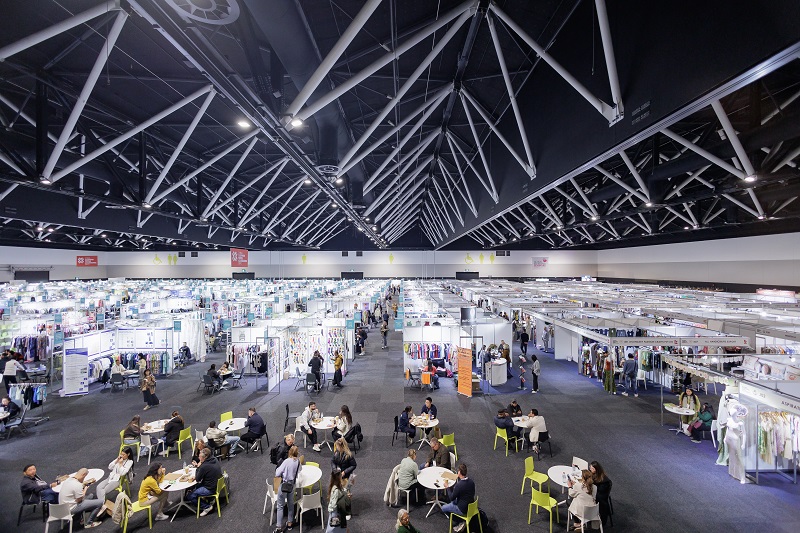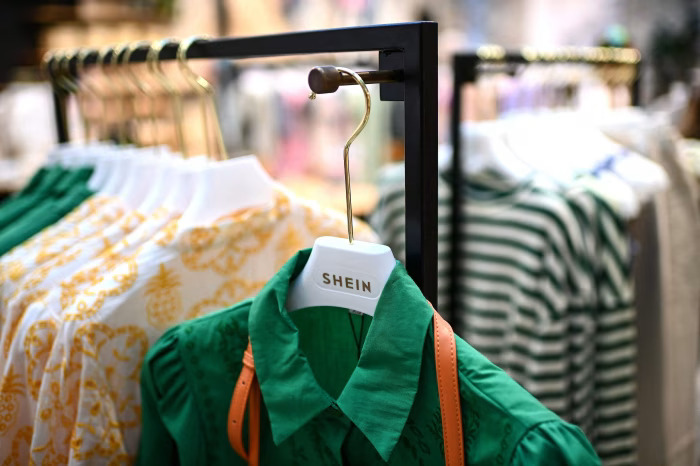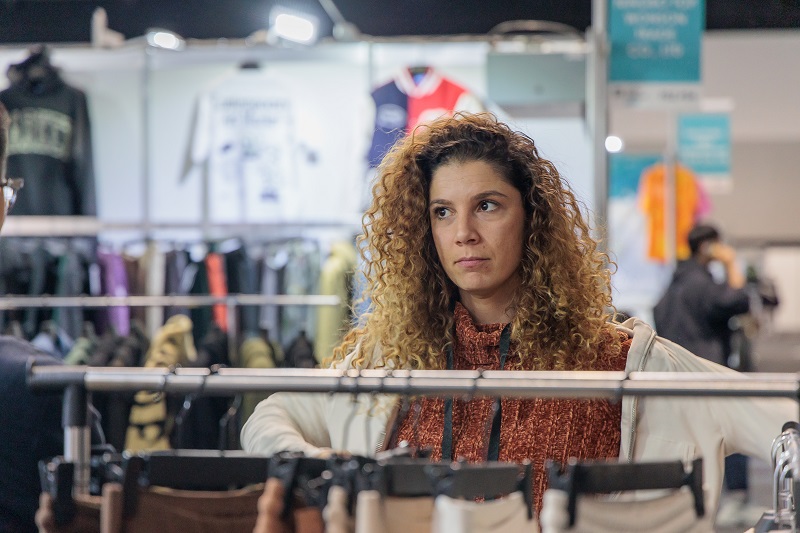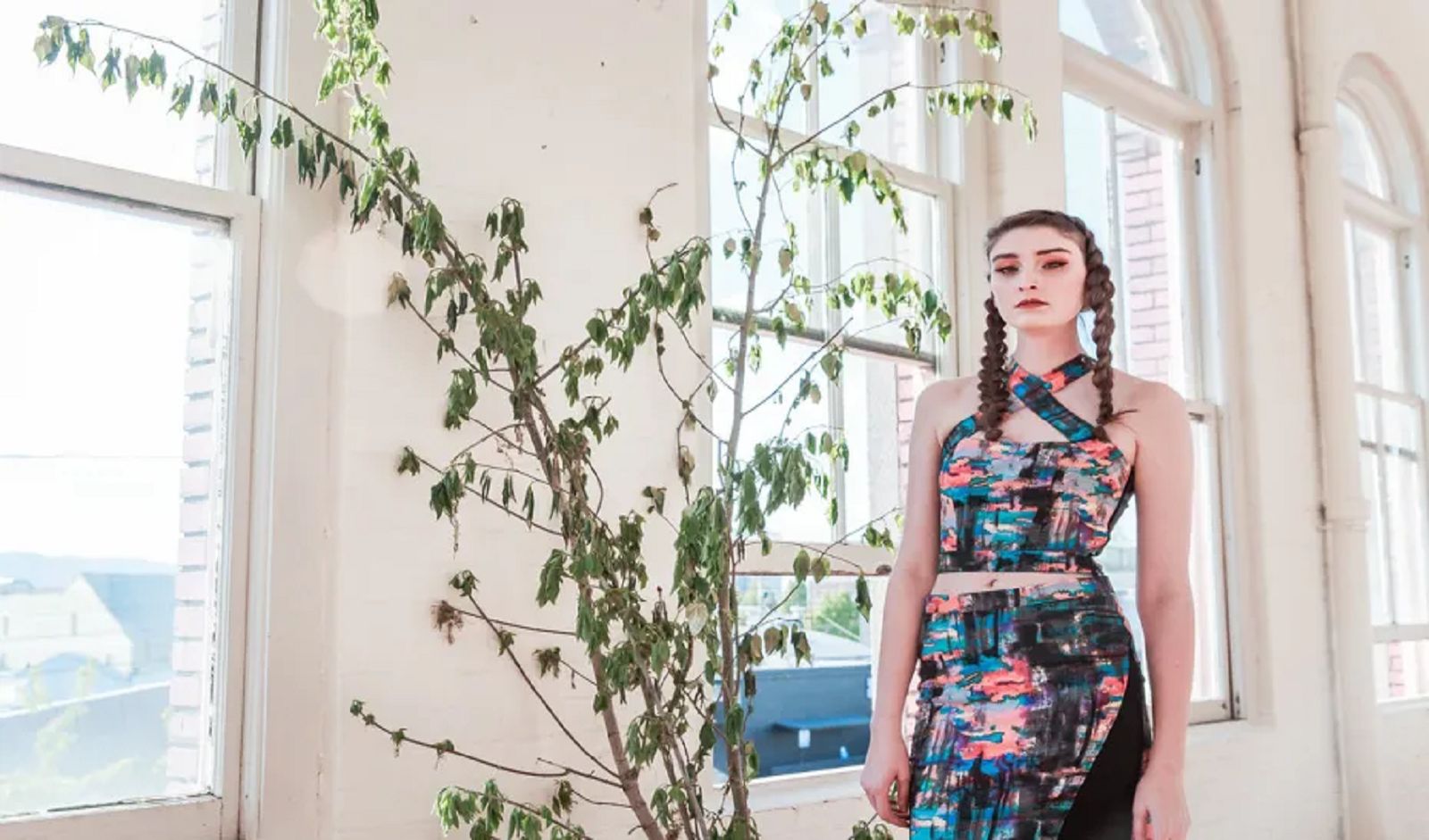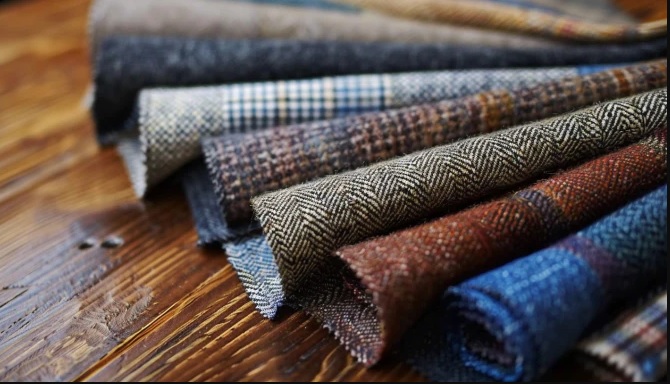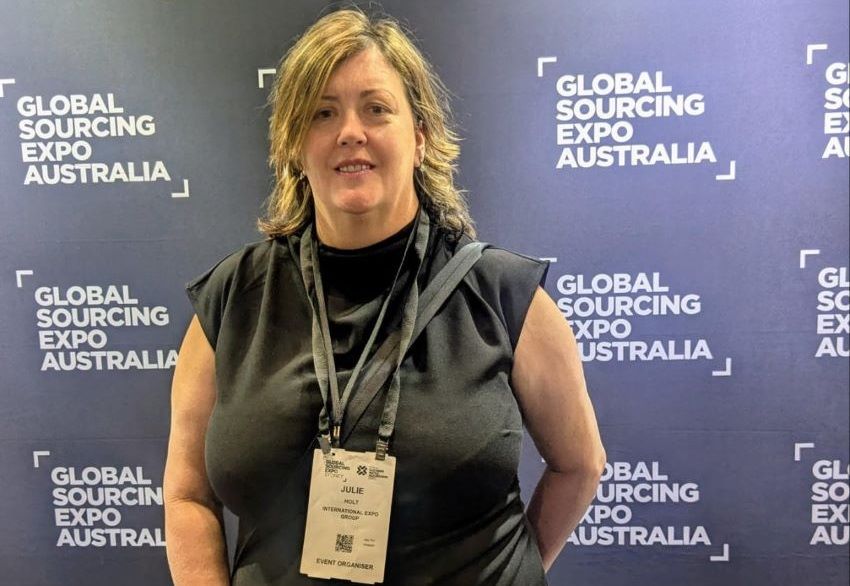FW
Concordia Textiles plans to introduce a circular business model by leveraging PurFi’s waste upcycling solution. This solution yields high quality regenerated fiber from surplus stock. The recycling technology utilises product-specific data to monitor its incomings and outgoings, as well as the credentials of each bale before a patented solution separates and recycles textile fibers. The partnership combines the patented technology of PurFi with Concordia’s extensive know-how of fabrics and contributes to textile upcycling on a global level. It will utilise waste in manufacturing.
Concordia Textiles is a Belgian manufacturer. The company is trying to become a case in point for a fully-functioning facility upcycling waste garments that can then be recycled to a standard that’s equal to virgin fiber. PurFi is a recycling innovator based in the US. PurFi’s rejuvenation process makes use of fabric data and target data, information relating to bale-specific characteristics, such as fiber uses, an approximate yarn count, and finishes or treatments added and a predetermined algorithm generated for specified textile outputs. Essentially, the company knows the specifics of incoming waste before it arrives which enables it to act quickly and accurately to ensure garment waste is separated accordingly and recycled to yield a high quality product once more.
For the first quarter Garware Technical Fibers net sales decreased by 4.9 per cent. Profit before tax reduced by 8.6 per cent. Net profit after tax dropped 5.7 per cent. Garware Technical Fibers is a manufacturer of technical textiles. The year began with a steady performance in the synthetic cordage segment. The company’s V2 technology based products are seeing good customer acceptance and excellent order flow.
Garware caters to various segments like aquaculture, sports nets, agriculture, geo textiles, etc. through a diverse range of netting products, ropes, coated fabrics and others. Over the past four decades, Garware has built a strong reputation for quality, value addition and application-focused innovation. Its solution segments are niche. These solutions are focused on progress and productivity for agriculture and fisheries, which typically constitutes almost 15 per cent of India’s GDP. With over 20 patents to its name, Garware Technical Fibers is an idea-driven company that achieves valued-added solutions that impact businesses significantly and adds unmatched value to customers. The company was earlier known as Garware Wall Ropes. Working on a long-term strategic plan, the company has identified its niche in the large and growing global market for technical textiles and drawn clear plans to expand its presence in specific sectors and product lines.
Consumers expect companies to source and produce goods ethically and sustainably. Everyone is familiar with certain aspects of supply chain sustainability and ethical production programs. These include maintaining air and water quality, reducing water use, using land and other natural resources responsibly, and producing and releasing less toxic waste. But there are other important factors to consider, too, such as human rights abuses and child labor in the supply chain.
While brand risk remains a significant threat for companies that don’t have full visibility into their supply chains, regulatory risk carries the potential for huge fines. In addition, regulatory risk can quickly morph into reputational risk, compounding an already serious problem as headlines about seizures and violations kill stock prices, scare off consumers and create pressure for a change in company leadership.
The ability to quickly trace a product to its source via an automated supply chain execution system is necessary in these circumstances. Companies that implement a consolidated global trade management solution that connects the trading partner community with product data and retailers’ purchase orders can achieve better results. A software solution for global sourcing and supply chain collaboration can help brands get visibility into key aspects of their sourcing and production operations.
Adidas’ revenues increased four per cent in the second quarter. This was driven by a 37 per cent increase from e-commerce sales and a 14 per cent increase in sales from China. Operating profit grew by nine per cent. Operating margin rose 11.7 per cent after an 11.3 per cent rise a year ago. The company negotiated better terms with suppliers, sold more high-margin products and scaled back on discounts.
The German sports retailer’s half-year performance could have been even better had the group not faced supply shortages in the US. As a result of supply chain issues, Adidas was not able to meet the higher-than expected demand for mid-priced apparel in the US. In March, the business forecast a loss in sales, equating to one per cent to two per cent of revenue this year. But Adidas remains confident about the sequential revenue acceleration in the second half of the year and expects a full-year growth of five per cent to eight per cent.
In 2019, Adidas is upping the pace of change. The company will produce a landmark 11 million pairs of shoes using upcycled marine plastic waste, intercepting vast amounts of plastic from entering the oceans.
"Green materials are penetrating all fractions of the fashion industry. Recently, many sports giants have introduced recyclable materials into their products. A case in point is Adidas, whose recently launched reusable running shoes are made of 100 per cent reusable thermoplastic polyutherane. Known as the Futurecraft Loop, these shoes incorporate the brand’s speedfactory technology that spins the material into yarn and weaves it without the need for glue."
 Green materials are penetrating all fractions of the fashion industry. Recently, many sports giants have introduced recyclable materials into their products. A case in point is Adidas, whose recently launched reusable running shoes are made of 100 per cent reusable thermoplastic polyutherane. Known as the Futurecraft Loop, these shoes incorporate the brand’s speedfactory technology that spins the material into yarn and weaves it without the need for glue. They can be recycled without the loss of performance or materials and completely made into a new pair of shoes.
Green materials are penetrating all fractions of the fashion industry. Recently, many sports giants have introduced recyclable materials into their products. A case in point is Adidas, whose recently launched reusable running shoes are made of 100 per cent reusable thermoplastic polyutherane. Known as the Futurecraft Loop, these shoes incorporate the brand’s speedfactory technology that spins the material into yarn and weaves it without the need for glue. They can be recycled without the loss of performance or materials and completely made into a new pair of shoes.
Since the material is 100 per cent recyclable, these shoes can be recycled loosing their performance value and wasting any of their material waste. Adidas plans to launch around 200 pairs of these shoes in Spring/Summer 2021. Besides, the brand will also use renewable materials and technology in all footwear products by 2024.
Eco friendly is the way forward
Besides Adidas, other sports giants who are opting for eco-friendly products include the New Zealand sports shoe brand Allbirds which has introduced wool sneakers made of Merino Wool. Extremely comfortable on the feet, these shoes can be washed directly into a washing machine.
shoe brand Allbirds which has introduced wool sneakers made of Merino Wool. Extremely comfortable on the feet, these shoes can be washed directly into a washing machine.
The brand also developed two new materials: the lightweight fabric "Tree" based on eucalyptus fibers, and the carbon-deficient EVA sole material "SweetFoamTM" extracted from sugar cane. As it wants this material to become them mainstream material it will share this technology with other companies to jointly promote the industry's environmental development.
This technology sharing will promote sustainable development of the footwear industry, besides reducing the cost of all Allbirds products. It will also enable the company to promote the concept of environmental protection besides reducing its impact of commodity production.
Digital business media ’Glory’ released China's New Generation Fashion Consumer White Paper in 2018 which revealed that that 80 per cent of Chinese consumers believe that their individual purchases are also driven by their corporate social responsibility.
Global luxury goods and fashion brands increasing focus on building their corporate image besides strengthening environment protection initiatives has increased the sensitivity of young Chinese consumers. Having a better sense of responsibility towards the environment, these consumers usually opt for socially responsible brands. As Pascal Martin, a partner at strategic consulting firm OC&C Strategy Consultants, notes that the consumers’ demand for sustainable and natural ingredients will rise over time, with young consumers becoming the main driving force behind this trend.
Besides meeting the needs of consumers, some companies also have to guide them to green consumption and take on more social responsibilities. For this, world-renowned companies, having a huge brand appeal and a global business impact, need to come together to create more sustainable development of recycled materials.
Pakistan plans to join Cambodia, Vietnam and Bangladesh as a member of Better Work Programme six years after it was turned away due to lack of capacity. Launched by the International Labour Organization and International Finance Corporation in 2006, the initiative works to improve labor standards and boost competitiveness in the global apparel supply chain by providing practical assistance to factories, demonstrating the business benefits of decent work and rallying the influence of leading brands and retailers.
Pakistan’s garment industry suffered a blow in 2013 after a catastrophic factory fire, which killed 262 garment workers the previous year, prompted the Walt Disney Corporation to suspend its sourcing from the country, along with other ‘high-risk’ locales such as Belarus, Ecuador, Venezuela and a post-Rana Plaza Bangladesh.
When Disney pulled out, it gave Pakistan two options: either to improve its WGI standing or join the Better Work program. The country chose the latter as it had more candidate countries than it could accommodate. A recent study conducted by the Consortium for Development Policy Research on behalf of the Pakistan Business Council concluded that Pakistan’s garment sector is ‘grossly underperforming relative to its potential’ because of a slate of impediments, including higher production costs, an overvalued currency and export tariffs that restrict market access.
The country’s share of the global export pie is far smaller than those of its competitors: 1.1 percent compared with China’s 32 percent, Bangladesh’s 7.7 percent, Vietnam’s 5.9 percent and India’s 3.8 percent.
US cotton exports to China have declined substantially due to the US-initiated trade war. The quantity tumbled from some 5 million bales in 2012-13 to somewhere between 1.7-1.8 million bales in the 2018 marketing year. China consumes the largest volume of cotton in the world -- about 40 million bales annually, or roughly one third of the global production. However, the market share of US cotton in China tumbled to a range of 11 percent to 13 percent in the past year, from 44 percent to 45 percent during the two years leading up to the trade tensions.
Given the unparalleled magnitude of China's cotton demand, potential gains in other markets by no means would offset a decline in total exports of US cotton, if a trade deal between the world's two largest economies remains far down the road.
Zimbabwe is losing out on the gains associated with growing and using cotton for domestic purposes. The country uses 30 per cent of the cotton it grows and exports 70 per cent to textile industries dotted around the world. Since it does not process all its cotton and export the fabric and extract more value from its produce, it fails to exploit the competitive advantage in using the raw material domestically. Instead the fabric market is now dominated by imports particularly from China and Pakistan. Most retail shops are also largely packed with imported clothes. That means clothing companies are importing garments on a huge scale and rendering the textile industry redundant. Early this year uniform prices skyrocketed beyond the means of the majority of ordinary citizens owing to a deficiency created by an incapacitated textile industry.
Zimbabwe has the potential to restore its status as a major producer and supplier of textile products in Africa. There has been an improvement in cotton production lately but value chains are non-functional considering that the bulk of cotton processing companies are either under judicial management or court-directed reconstruction. The textile industry is now trying to harness the full benefits of the sector’s value chain.
TechStyle Fashion Group, the global fashion retailer has appointed Laura Joukovski as the new President of Global Fashion Brands. She earlier served as the Chief Media Officer of TechStyle Fashion Group. Joukovski will lead three brands: JustFab, ShoeDazzle and FabKids. In addition, she will continue overseeing all global media and customer acquisition strategies across TechStyle’s portfolio.
In her six years of career with TechStyle Fashion Group, Joukovski has held several management roles including those of Chief Operating Officer of FabKids, General Manager of Fabletics, and Senior Vice President of Global Media and Analytics. During her recent tenure as the Chief Media Officer, she oversaw a global customer acquisition budget of $125M across TechStyle’s portfolio of brands.
Joukovski has played a key role in the development of TechStyle’s Expert Services group, having built the company’s data-driven media buying and global analytics architecture. She joined TechStyle following the company’s acquisition of FabKids, where she was on the founding team and served as Chief Operating Officer and Chief Financial Officer.
Joukovski began her career as a consultant at Booz Allen Hamilton, before joining Levi Strauss & Co as Director of Supply Chain Financial Planning & Analysis. She also served as Chief Operating Officer for Tea Collection, a children’s apparel company.
Taiwan plays a key role for supplying functional fabric made up of synthetic fibers like polyester and nylon. Taiwan in progressing from cotton yarn to synthetic yarn has developed knitting, dyeing and processing techniques, though the country is not very strong in spinning.
Functional fabric is used by sportswear and outdoor wear brands. Every major brand in the world depends on Taiwan for leadership in textile development, innovation and quality. As one of the leaders in chemical fiber, Taiwan has developed various functional and eco-friendly textiles for the global market, thereby being recognized as an international sourcing hub. After more than 60 years of development Taiwan's textile industry has evolved from a mass production textile supplier to a textile innovator equipped with a comprehensive yet integrated value chain.
Around 70 per cent of Taiwan’s revenue comes from China, Vietnam, India, Indonesia, Thailand, Bangladesh, Pakistan and Turkey. The Taiwanese textile industry has developed environmentally-friendly concepts and done recycled polymer and polymer blends. From yarns for apparel to industrial and sport accessories, recycled yarns are growing in importance and are a core part of Taiwan’s textile industry. Mixtures of new technologies and fashion allow new design elements that were hard to imagine in the past.


